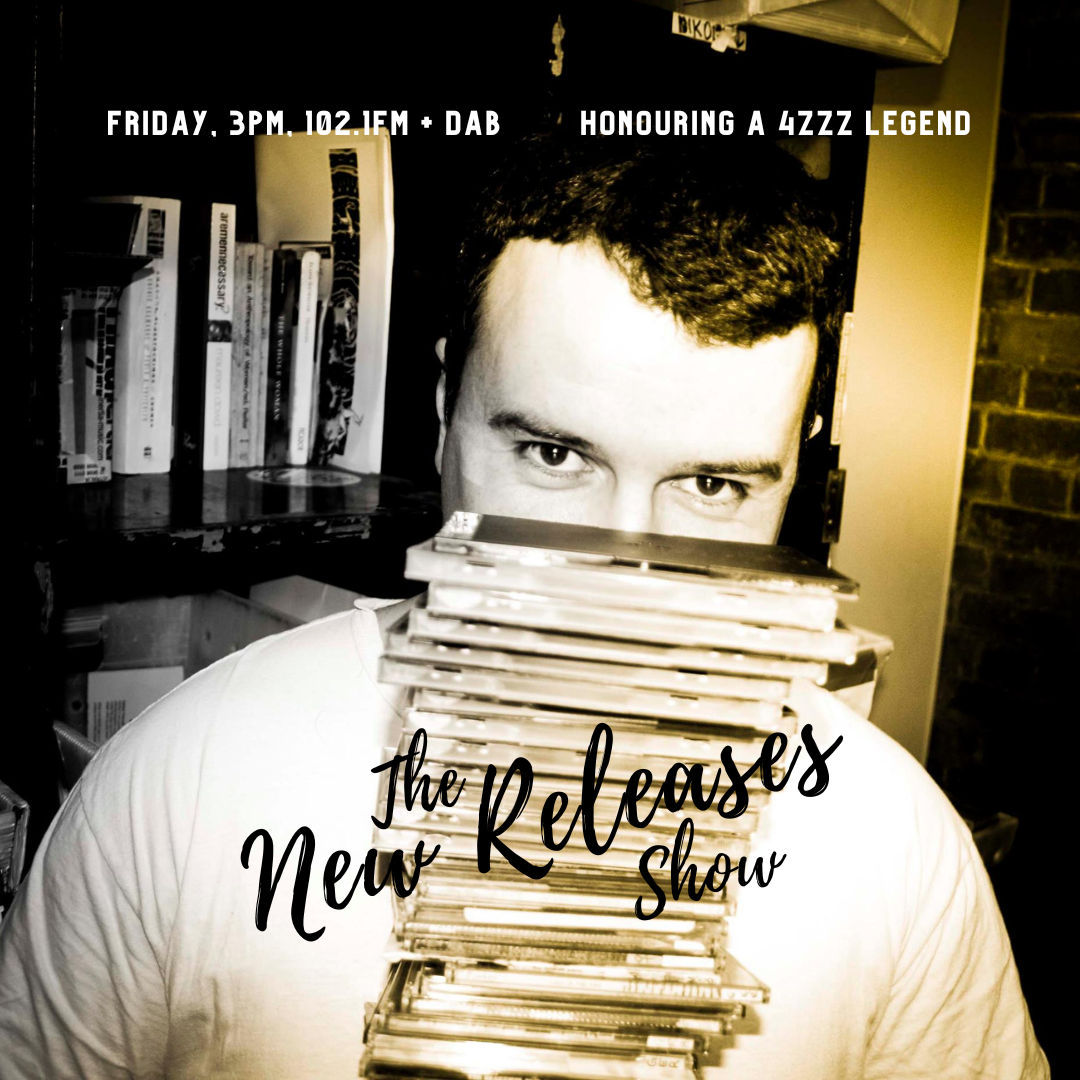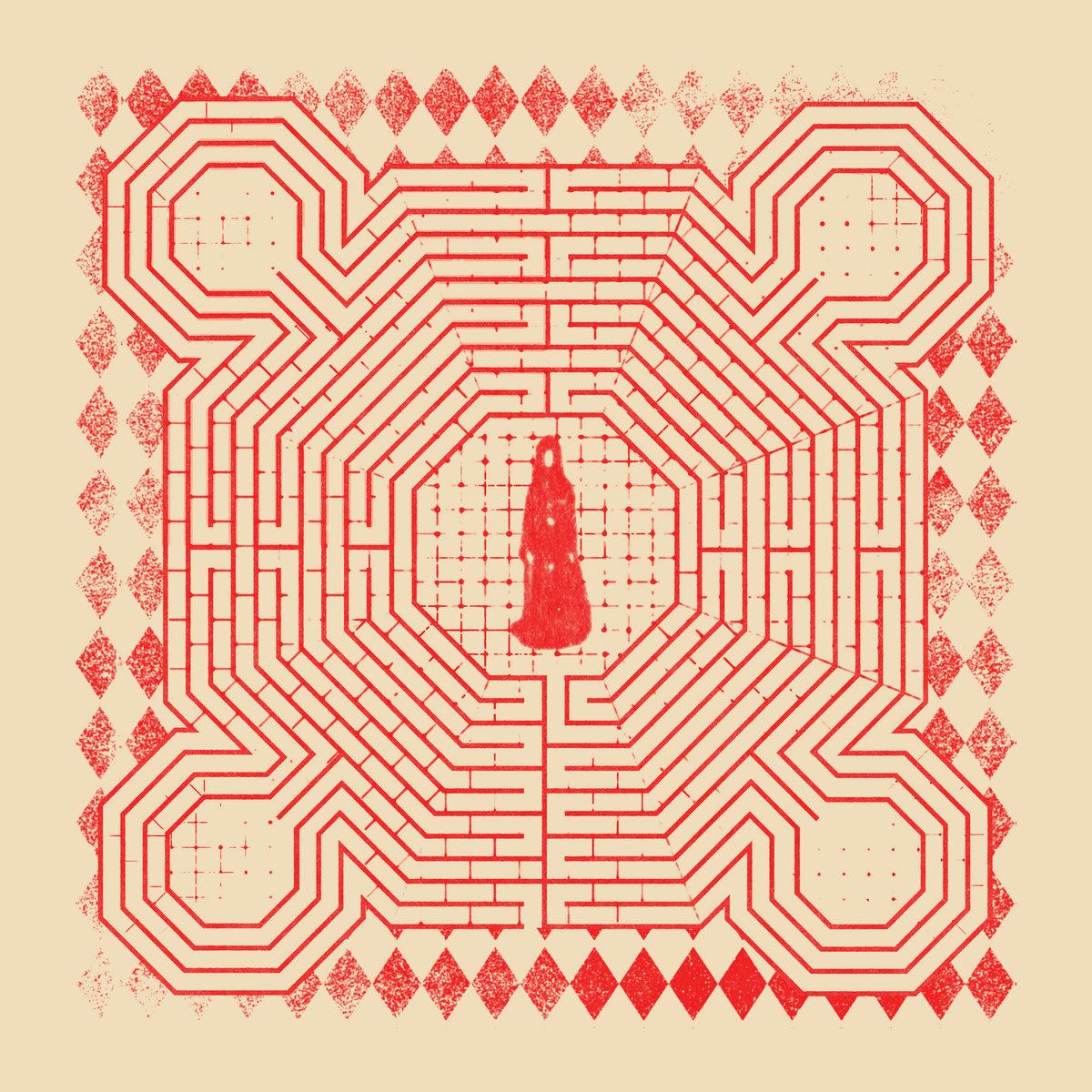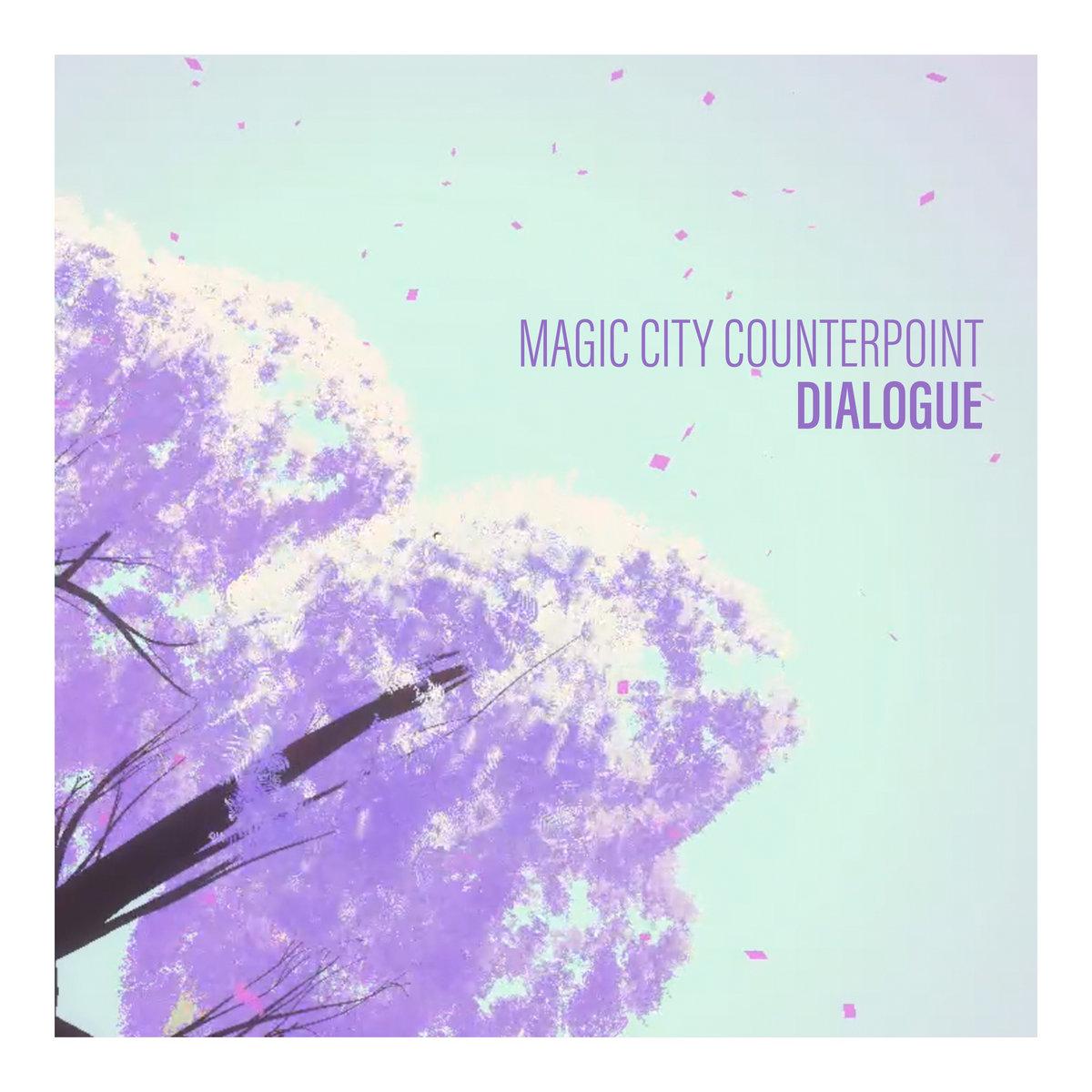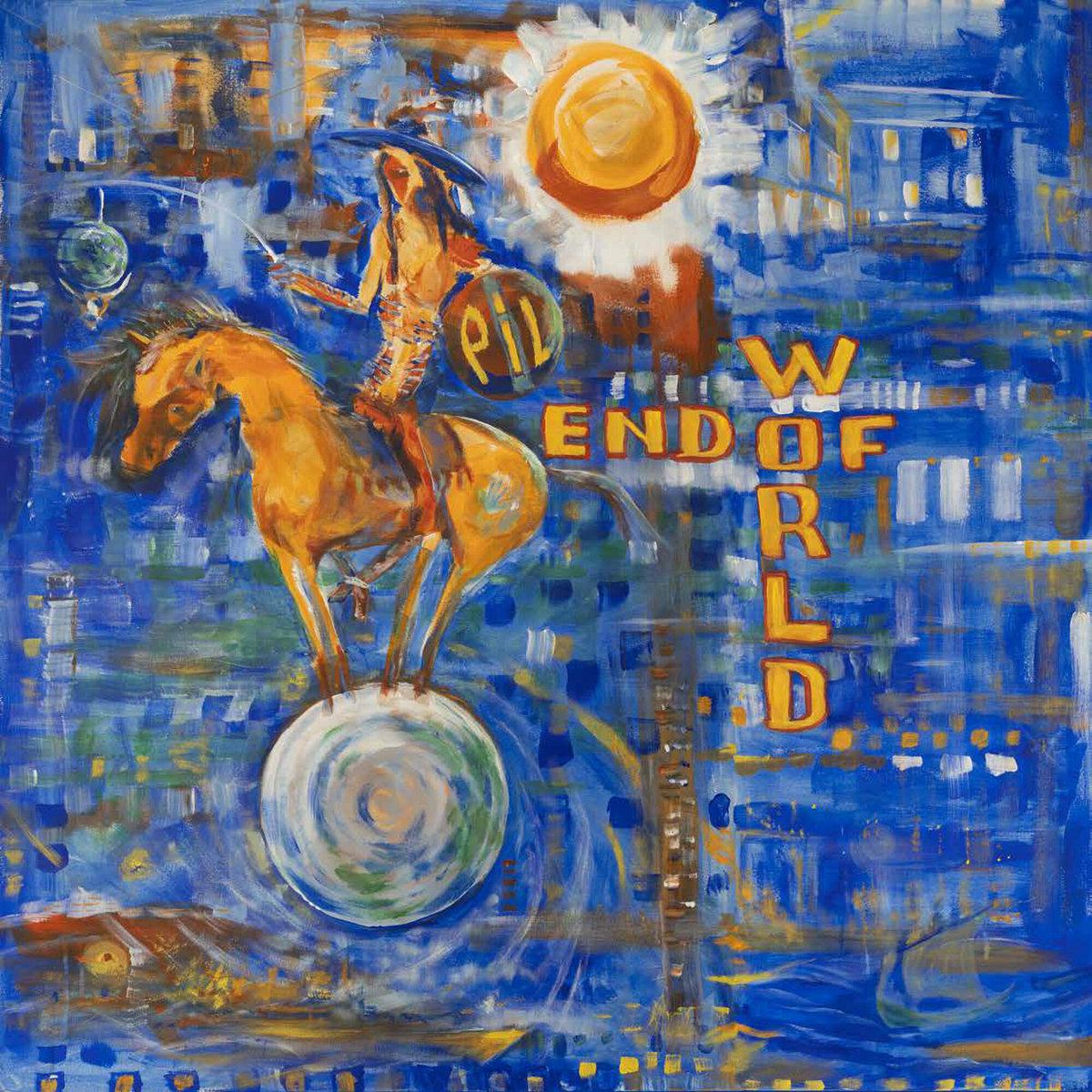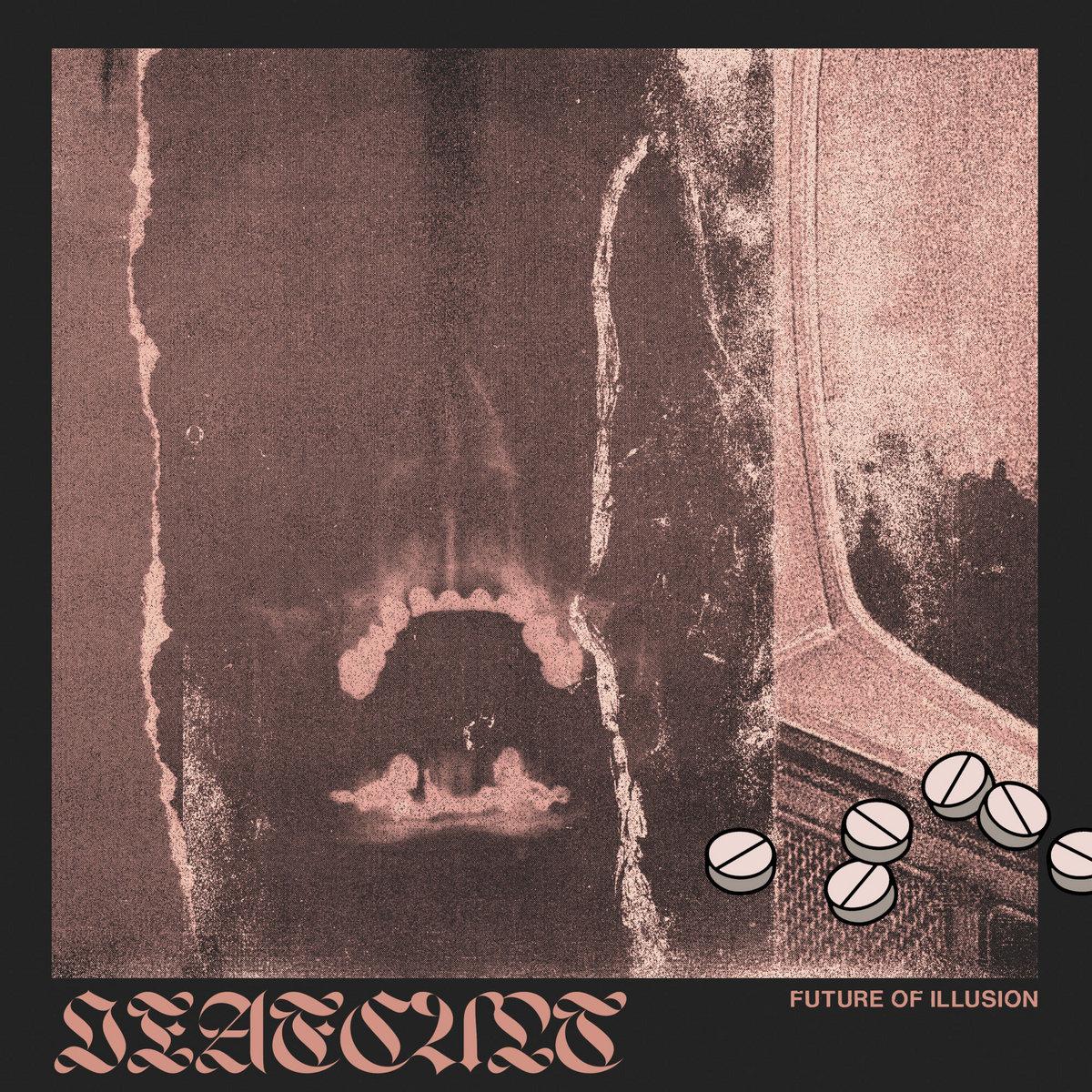
- Back in 2011, Erika M. Anderson (EMA) released her breakthrough album Past Life Martyred Saints to wide acclaim. While you could file this passionate LP alongside Waxahatchee or perhaps Speedy Ortiz, the ambition and gloss of Anderson’s work somehow gelled awkwardly with such ‘90s revivalists.
On follow-up The Future’s Void, Anderson takes these didactic tendencies to their endpoint, shifting the aesthetic five years forward beyond the difficult puberty of lo-fi and grunge and into the more dubious late-90s territory of electronic beats, symphonic flourishes and Billy Corgan paranoia.
Whereas Past Life Martyred Saints was intimate and largely acoustic, The Future’s Void is a huge, lush affair, crammed with synths, guitars and brave vocal pyrotechnics.
Indeed, it feels like Anderson’s chops as a singer have increased at a rate inversely proportional to her lyrical acuity. Gone is the blunt, expressive Kim Gordon drawl; now every vocal is sleek and dynamic. While this adds to the cold grandeur of the Metric-like opener Satellites or the tough-as-nails Hole tribute So Blonde, such rock-opera histrionics quickly get exhausting.
The main problem lies with the bludgeoning seriousness of The Future’s Void. One of the strengths of Anderson’s previous work has been her light touch, her knack for penning words that don’t provoke the mind so much as they sting the heart. This was especially true of devastating breakthrough single California, which sounded like the Velvet Underground’s Heroin reimagined for more vacuous times, and which still kicks as hard as it did in 2011.
Lamentably, it seems that EMA has redirected these considerable talents into more impersonal territory. I mean, the lyrics are the stuff of a Muse album, moving from the Cold War to the NSA in the space of three songs.
Such heavy topics demand subtle treatment, which, sadly, Anderson doesn’t pull off. She is especially heavy-handed on 3Jane, which precedes the even longer melodrama of Cthulu. Like the confused screed of Savages’ Silence Yourself, Anderson’s invective against contemporary communications comes off as reactionary where it should and could be poignant.
Thankfully, follow-up Smoulder is fiercely creative, pointing to EMA’s continued relevance as an artist. It’s basically five minutes of mono synth and bitcrushed screaming, and it sounds a little like Karen O remixed by TV Colours. Five minutes is more than enough though; it’s just too damn slow.
After this, the rest of the album returns to the conventional— some ballads, some bangers. Try as I might, I can’t find a trace of the old Erika Anderson anywhere in The Future’s Void. It’s an impressively assembled musical, vocal and conceptual work that finds relevance in anachronistic bombast, but it’s ultimately too cold and pretentious to leave any longer impression than that of the firework sounds on closer Dead Celebrity: dramatic and powerful, ephemeral and distant.
- Henry Reese.

